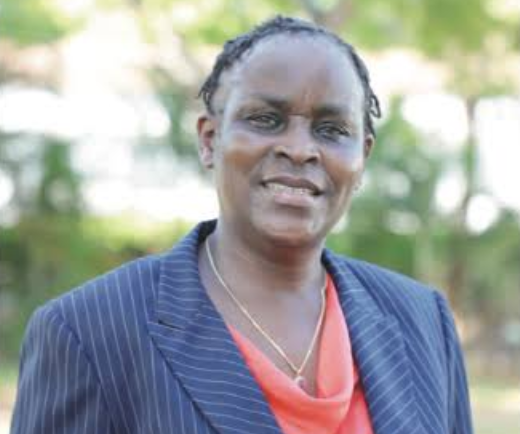Justice Dorah Chepkwony, a Kenyan High Court judge, has faced controversy in her judicial career.
Reports of questionable rulings and potential bias in high-profile cases have brought her impartiality on the spot.
Her role in the protracted legal battles over the management of Mumias Sugar Company is particularly contentious and emblematic of the criticisms against her.
Justice Chepkwony fined officials of the Sarrai Group KSh 100,000 each for contempt of court after they defied orders to cease operations at Mumias Sugar Company.
While this might seem like a firm stance, critics argue that the penalty was insufficient given the economic and social implications of Sarrai Group’s continued defiance.
By not imposing stricter sanctions, Justice Chepkwony’s actions allegedly emboldened Sarrai’s disregard for the law.
Farmers, workers, and other stakeholders in Mumias Sugar Company have accused her of failing to decisively protect their interests amid a mounting financial crisis.
Her subsequent transfer from the case midway through proceedings further fueled suspicions.
Observers questioned the timing of her exit, suggesting it could have been a strategic move to avoid taking responsibility for key rulings.
This perceived lack of commitment undermined confidence in her ability to ensure justice in one of Kenya’s most critical industrial disputes.
In another high-profile case, Justice Chepkwony awarded former Cabinet Secretary Ababu Namwamba KSh 9 million in damages in a defamation lawsuit against The Standard Media Group.
While the ruling was praised by some for upholding accountability in media reporting, others saw it as indicative of selective justice.
Justice Chepkwony’s decision to side with a politically influential individual raised concerns about whether her judgments favor the powerful at the expense of broader societal interests.
Justice Chepkwony’s name has been mentioned in judicial circles as part of a system allegedly prone to external influences and manipulation.
Critics point to her inconsistent handling of cases and the perception that she tailors her decisions to suit specific interests.
Such allegations tarnish not only her reputation but also the credibility of Kenya’s judiciary, which has long been accused of inefficiency and corruption.
Her record raises serious questions about judicial independence in Kenya.
From her perceived leniency in the Mumias Sugar saga to controversial rulings in politically charged cases, Justice Chepkwony has become a focal point for broader concerns about how justice is administered in the country.
Public confidence in her ability to deliver impartial and impactful judgments has eroded, casting a shadow over her judicial legacy.





















Add Comment